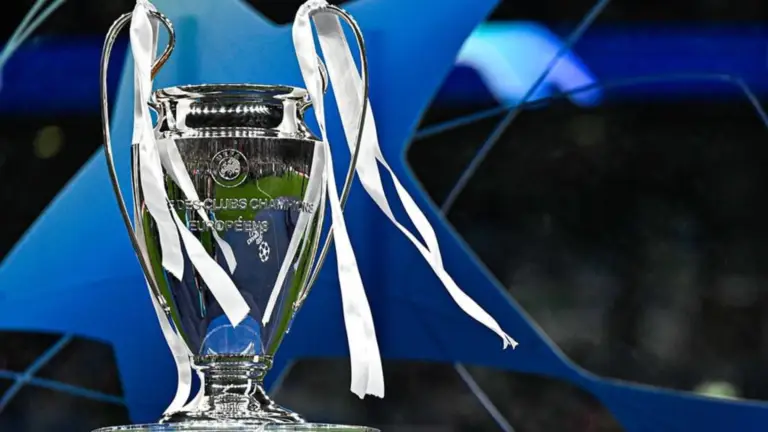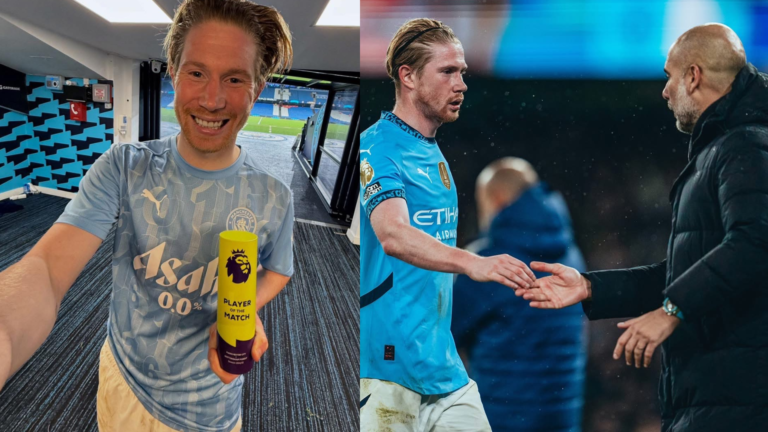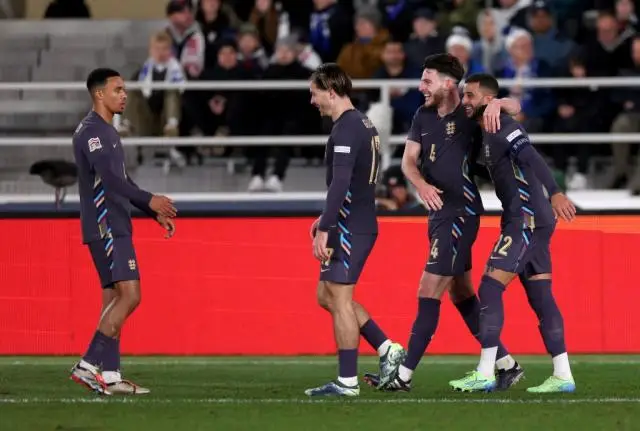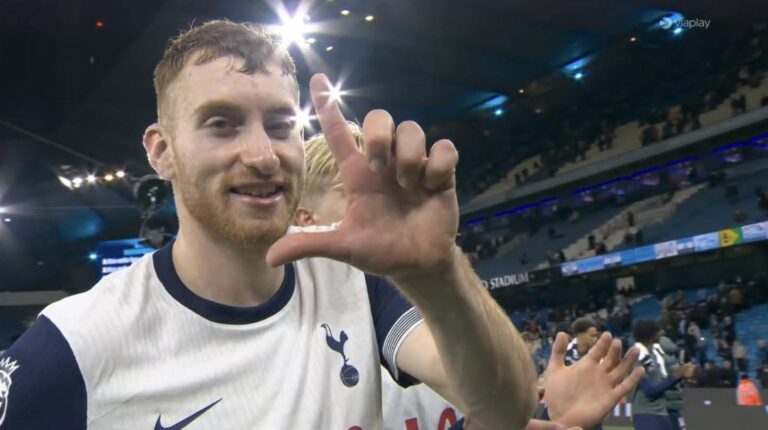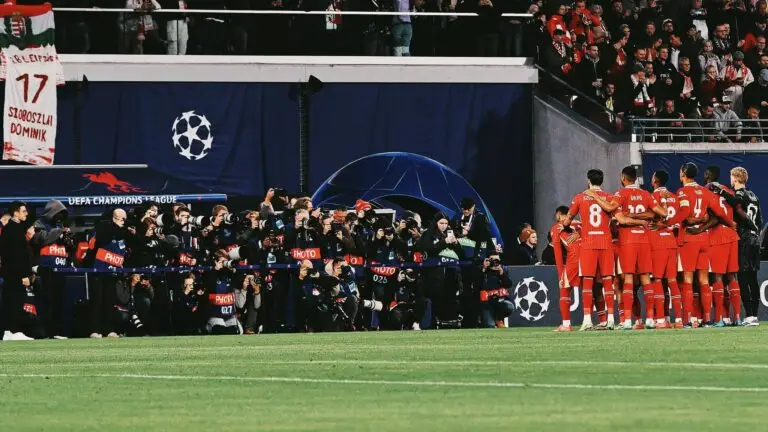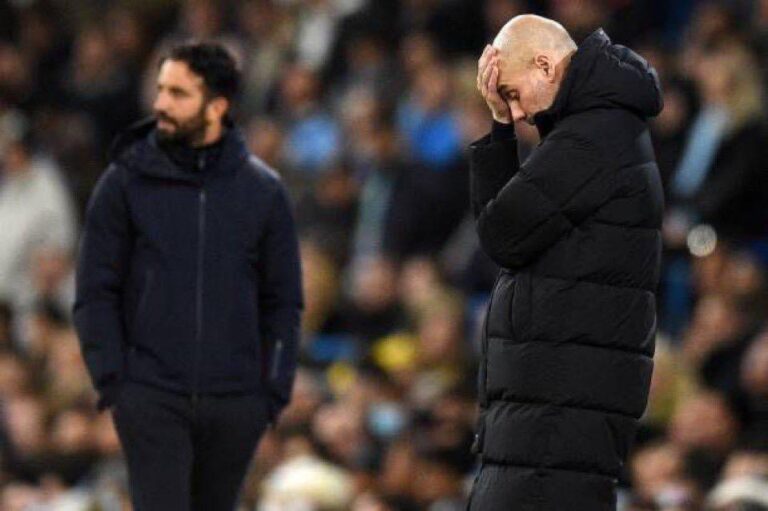“Dan Ashworth’s Shocking Exit: The Untold Truth Behind Manchester United’s Costly Leadership Crisis 1”

The Dismissal of Dan Ashworth as Manchester United Sporting Director: An In-Depth Analysis
Dan Ashworth’s short tenure as Manchester United’s sporting director ended abruptly after just five months. His departure has raised significant questions about the decision-making processes within the club and the challenges it faces in achieving long-term stability and success. Although the club announced that his exit was by “mutual agreement,” several underlying factors contributed to his removal. This analysis explores these reasons, the implications for Manchester United, and what the future might hold.
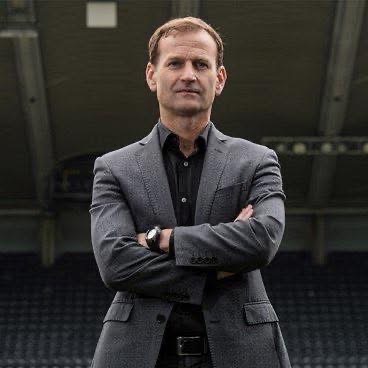
The Role and Expectations of a Sporting Director
A sporting director plays a crucial role in modern football, bridging the gap between the footballing side of the club and its executive management. At Manchester United, Ashworth’s mandate was clear: oversee recruitment, improve player development, and build a long-term footballing strategy that would bring sustained success.
Ashworth arrived at Old Trafford with a stellar reputation. Having previously worked at West Bromwich Albion, Brighton, the FA, and most recently Newcastle United, he was seen as one of the best in the business. His track record included helping Brighton establish itself as a model club for recruitment and player development and assisting Newcastle during the early stages of its Saudi-backed transformation.
When Manchester United secured Ashworth’s services in July 2024, expectations were sky-high. Fans and pundits alike hoped he would replicate his previous successes and bring stability to a club that had been plagued by inconsistency, poor recruitment, and underwhelming performances on the pitch.
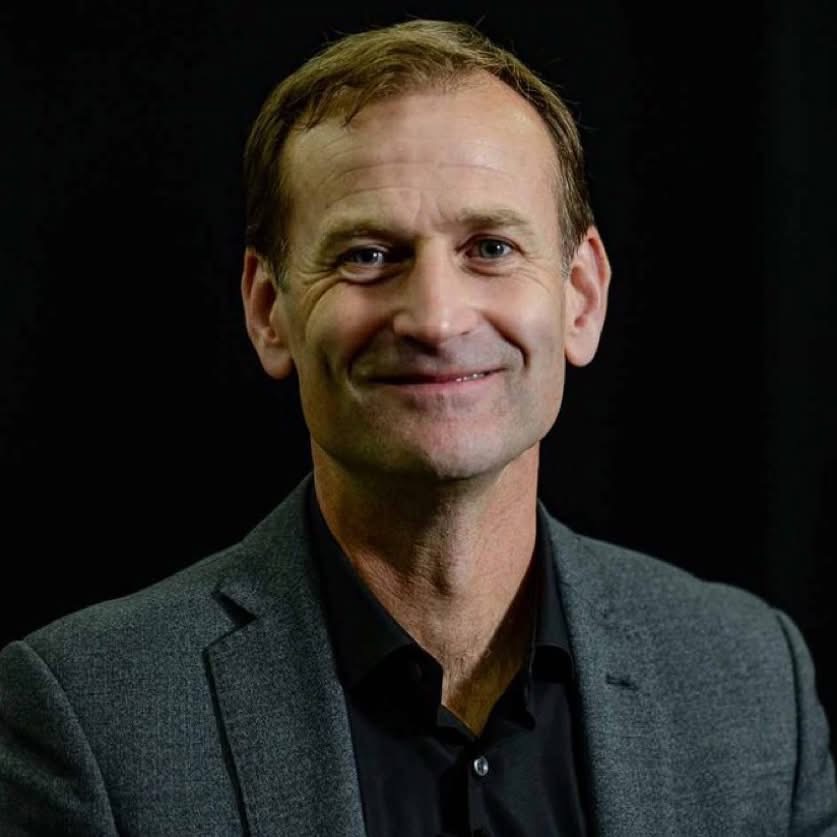
Reasons Behind Ashworth’s Dismissal
While Ashworth’s potential was undeniable, his tenure at United was marred by several factors that ultimately led to his dismissal.
1. Poor Team Performance
Manchester United’s dismal start to the 2024/25 season was a major catalyst for Ashworth’s departure. The team managed just five wins in their first 15 Premier League games, leaving them languishing in 13th place. Erik ten Hag, the manager at the start of the season, was sacked in October after securing only three wins in the opening nine games. His dismissal cost the club £10.4 million, including compensation for his backroom staff.
Ashworth’s role in recruitment came under scrutiny as well. Many of the signings made during the summer transfer window failed to make an impact, leading to questions about the club’s overall strategy. Critics argued that Ashworth, as the sporting director, should have done more to ensure that the squad was adequately prepared for the season.
2. Expensive Managerial Changes
The appointment of Ruben Amorim as Ten Hag’s replacement added further strain to the club’s finances. Manchester United paid £11 million to release Amorim from his contract at Sporting Lisbon, bringing the total cost of managerial changes to over £21 million.
Ashworth’s involvement in these decisions was seen as a failure to implement a coherent long-term vision for the club. Fans and pundits questioned why Ten Hag had been given a contract extension just months before his dismissal and why Amorim was chosen as his successor despite the significant financial outlay required.
3. Lack of Adaptation to Manchester United’s Unique Challenges
Manchester United is not just another football club; it is a global institution with immense pressure from fans, media, and stakeholders. Ashworth’s ability to navigate this environment was called into question. Unlike Brighton or Newcastle, where he had more freedom to implement his vision, United’s structure and internal politics appeared to limit his effectiveness.
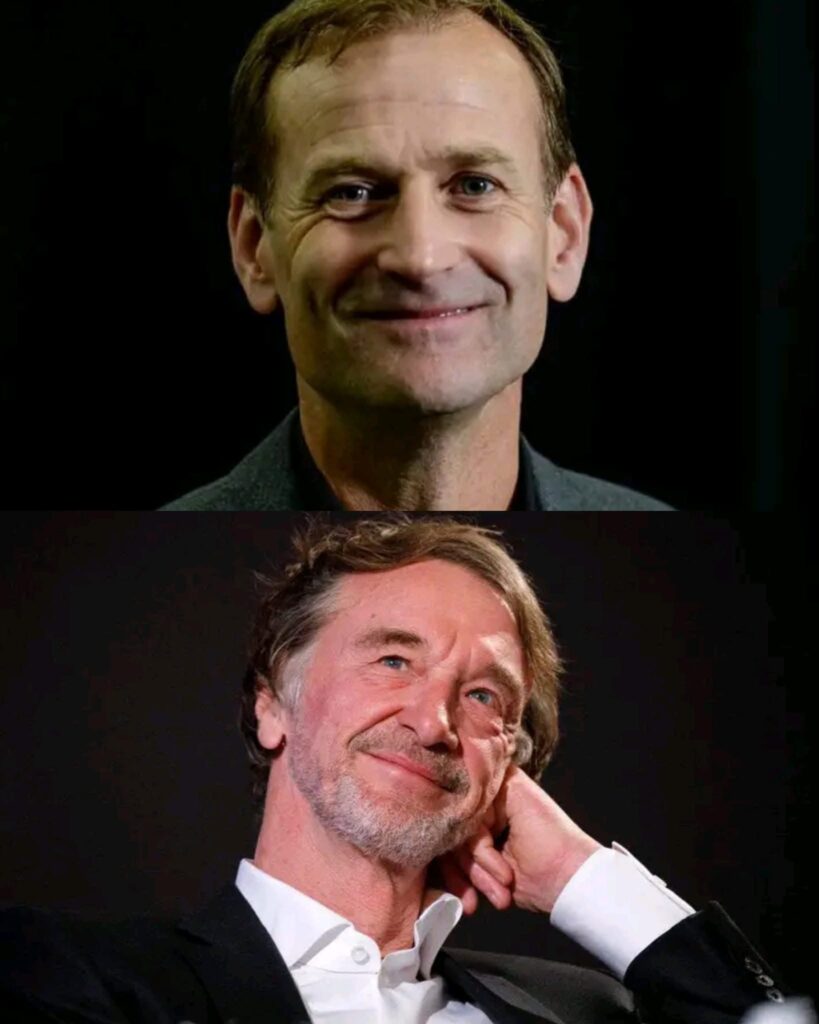
The club’s part-owner, Sir Jim Ratcliffe, had recently acquired a controlling stake in football operations. Ratcliffe’s influence introduced new dynamics, with reports suggesting that he clashed with key figures over the direction of the club. Ashworth’s failure to establish a strong working relationship with Ratcliffe and other senior officials may have contributed to his dismissal.
4. Fan Backlash and Off-Field Issues
Off the pitch, Manchester United faced significant criticism from fans over rising ticket prices and the removal of concessions for unsold seats. The decision to set a minimum ticket price of £66 sparked protests at Old Trafford, adding to the club’s growing list of challenges.
While these issues were not directly under Ashworth’s remit, they reflected broader dissatisfaction with the club’s management. As a senior figure in the organization, Ashworth was unable to shield himself from the fallout.
5. Financial Losses and Mismanagement
Manchester United’s financial struggles have been well-documented. The club reported a net loss of £113.2 million for the year ending 30 June 2024, bringing total losses over the past five years to more than £370 million.
Ashworth’s appointment and subsequent dismissal added to these costs. The club paid £3 million to Newcastle to secure his services, only for him to leave after five months. Combined with the costs of managerial changes, these decisions have highlighted flaws in the club’s strategic planning and financial management.
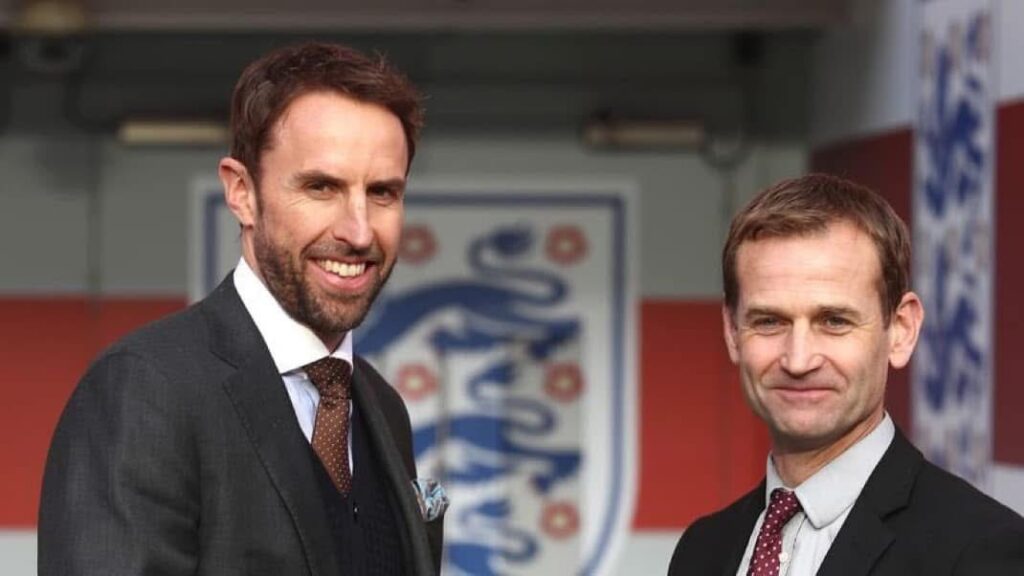
What Went Wrong for Ashworth?
Ashworth’s failure at Manchester United cannot be attributed to a single factor. Instead, it was the result of a combination of internal and external challenges, including:
- A Lack of Clear Vision: Manchester United’s leadership structure remains fragmented, with no unified approach to footballing matters. This lack of clarity likely hindered Ashworth’s ability to implement his ideas.
- Timing and Transition: Ashworth joined United during a period of significant upheaval. The arrival of new ownership, the sacking of Ten Hag, and the financial pressures on the club created an unstable environment that made his job even more difficult.
- Unrealistic Expectations: Given his success at previous clubs, Ashworth was expected to deliver immediate results at United. However, turning around a club of United’s size and complexity requires time, and Ashworth was not afforded that luxury.
- Internal Politics: Reports of tension between Ashworth and other senior figures suggest that he struggled to assert himself within the club’s power structure. This lack of alignment ultimately undermined his authority and effectiveness.
Implications for Manchester United
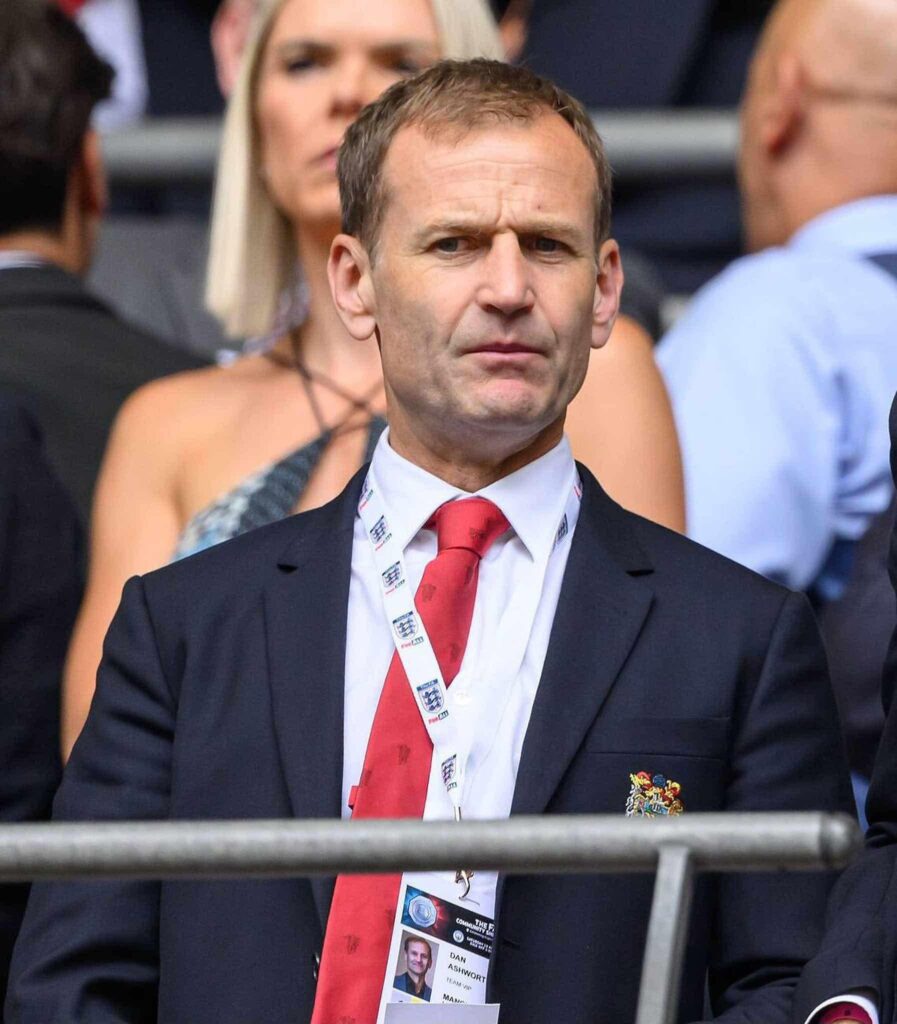
The dismissal of Dan Ashworth is symptomatic of deeper issues at Manchester United. The club’s struggles on and off the pitch point to a need for fundamental change in how it operates.
1. Rebuilding Trust with Fans
The ongoing protests against ticket prices and dissatisfaction with the team’s performances highlight a growing disconnect between the club and its supporters. Rebuilding this trust will require not just better results on the pitch but also greater transparency and accountability from the boardroom.
2. Stabilizing Football Operations
Manchester United must establish a clear footballing philosophy and structure. This includes appointing a new sporting director who can work effectively with the existing management team and implement a long-term vision for success.
3. Financial Discipline
The club’s financial losses are unsustainable and need to be addressed. Future decisions must balance short-term needs with long-term stability, avoiding the kind of costly mistakes that have defined recent years.
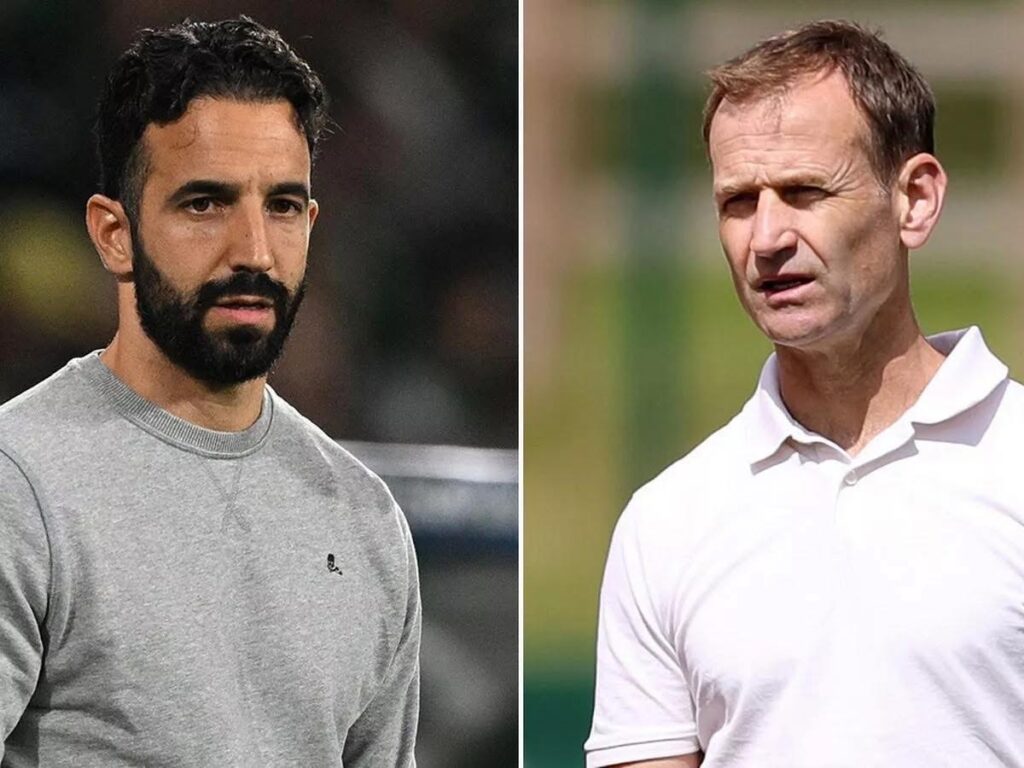
Lessons for Ashworth and the Club
For Dan Ashworth, his time at Manchester United serves as a cautionary tale about the challenges of operating at one of the world’s biggest clubs. While his reputation remains intact, he will need to reflect on what went wrong and how he can adapt to similar high-pressure roles in the future.
For Manchester United, Ashworth’s dismissal is a reminder that success cannot be achieved through quick fixes. The club must take a more considered and strategic approach to its operations if it hopes to regain its status as one of football’s elite.
Conclusion
The dismissal of Dan Ashworth after just five months as sporting director underscores the challenges facing Manchester United. While Ashworth’s departure may provide an opportunity for a fresh start, it also highlights the need for systemic change at all levels of the club. Without a clear vision, cohesive leadership, and financial discipline, United risks falling further behind its rivals. For now, the focus must be on stabilizing the club and laying the foundations for a brighter future.

